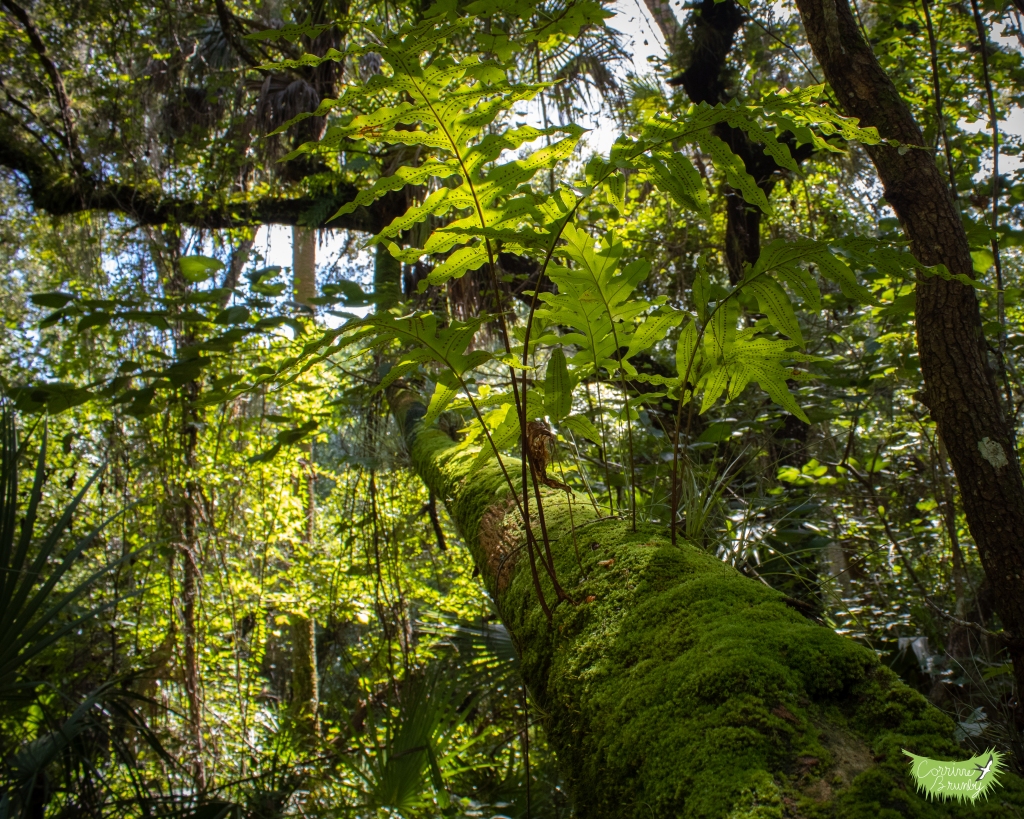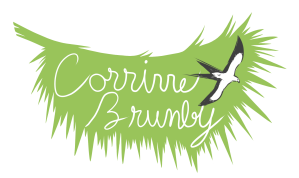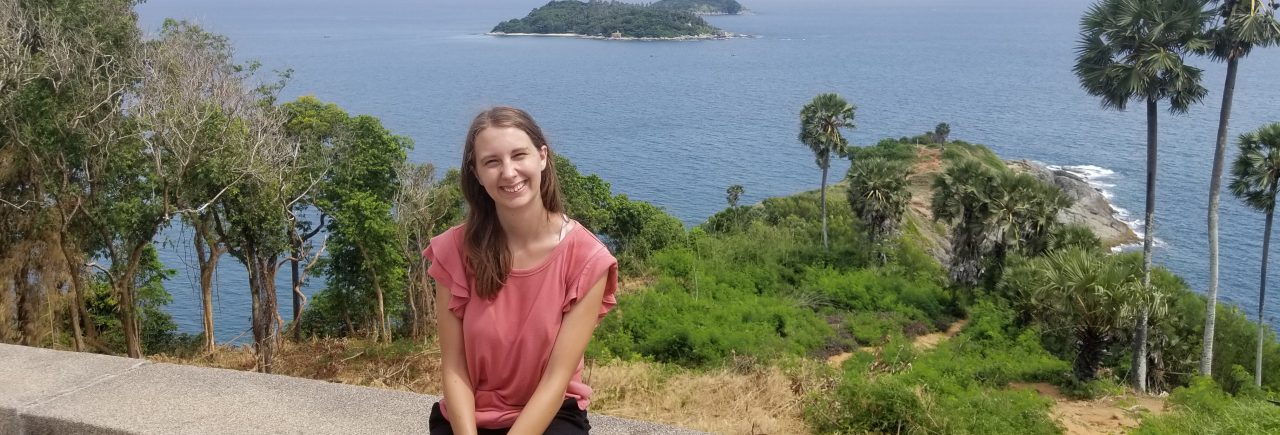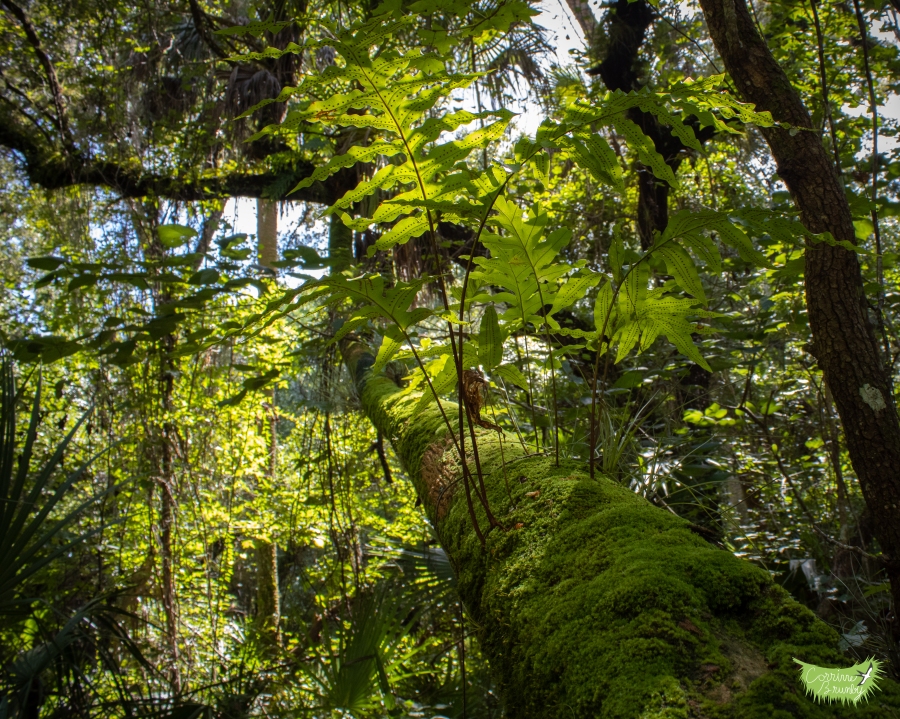Being autistic means I am often overstimulated by my environment. Sounds that are tolerable to neurotypical people are disruptive, distracting, anxiety-inducing, and even painful for me. A few conversations happening in a room at once, music that’s too loud, or sudden noises are some sounds that are triggering.
Other senses are also heightened for me. Flashing lights are disorienting, bright lights are painful, fast-moving images are disruptive. My senses of taste and smell are heightened and I notice things most people don’t and get easily overloaded by multiple or intense flavors or scents. Certain textures are very disruptive as well. For example, I can’t handle anything soggy.
Normal life can be overwhelming when all these stimuli add together often causing me to be so overwhelmed that I have a meltdown or shutdown. I can’t focus, communicate, or function and pretty much freeze.
Many autistic people have similar experiences with varying sensory sensitivities.
I often get most overwhelmed being indoors because this environment is full of technology, people, and other stimuli that I am sensitive to, which all add up.
Because of that, nature has often been a relief for me from the constant sensory overload found indoors. Being outside, in nature, has brought calm and helped me out of meltdowns and shutdowns throughout my life. And I think that’s why nature has become so meaningful to me.
When I’m outside with plants and animals, I do not have to speak to anyone. I am free to rest and enjoy. Trying to verbally communicate my thoughts and feelings has always been a struggle. It uses most of my energy to verbally communicate, often leaving me overwhelmed. Then there are misunderstandings which is again exhausting when I spent so much of my energy trying to communicate.
Plants and animals communicate in different ways. They communicate through body language and other nonverbal forms of communication, which makes it easier for me to relate to them because I don’t have to worry about trying to communicate verbally.
In nature, I can just be. Plants and animals aren’t all talking at me, demanding things of me, they are also simply living and being.
In nature, things are quieter. Yes, there are still sounds, but most of these are quiet and rather calming and peaceful, like the songs of birds or rustle of wind. Often they are simpler sounds just a few notes, compared to our indoor sounds that cover a whole range and can often be harsh frequencies or very complex and busy, becoming easily overwhelming.
In nature, life moves slower. Everyday life in a neurotypical society is often very fast-paced, we are expected to always be busy. Because of our sensitivities, autistic people can struggle to keep up with the demands of everyday life, which can lead to burnout if we keep pushing to keep up. We were meant to live life at a slower pace. Many animals and plants move at a much slower pace, spending most of their time resting, compared to their human counterparts. When I’m in nature, I slow down too, with all the plants and animals around me. I walk slow, I stop and watch, I sit and take it all in.
These are a few of the reasons I find relief in nature as an autistic person. Being with nature helps me calm down and take a break from the many overwhelming sensory, social, and mental demands of everyday life.






